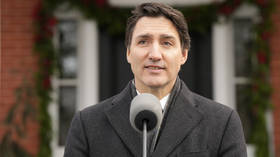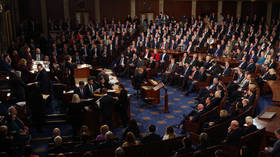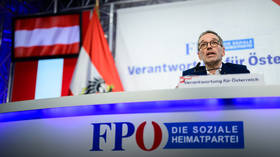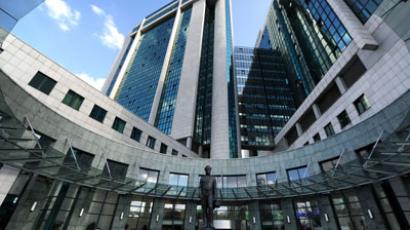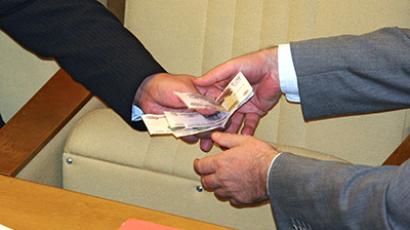Ranking countries on 'ease of doing business' should be stopped – World Bank
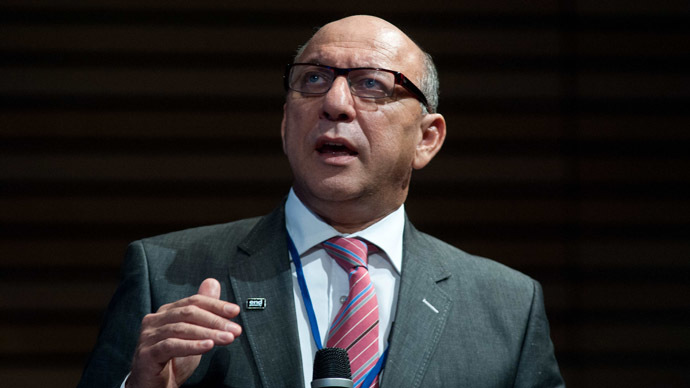
After harsh criticism on many fronts, now it’s the World Bank that says the 'Doing Business' index should be overhauled. Using the index components to get an understanding of the business environment is the proposed alternative.
“The Doing Business report has the potential to be misinterpreted,”says an independent panel of the World Bank. “It should not be viewed as providing a one-size-fits-all template for development…The evidence in favour of specific country reforms is contingent on many auxiliary factors not captured by Doing Business report topics,” the paper specified.
The review panel, set up by the World Bank and headed by South African Planning Minister Trevor Manuel, urged the World Bank to continue publishing the report without the headline index and to instead give only separate rankings for each individual indicator now aggregated into the main index.
The annual “Doing Business” report, first published by the World Bank in 2003, ranks 185 countries by aggregating 10 different indicators such as starting a business, getting construction permits, electricity, and credit, registering property, protecting investors, paying taxes, and enforcing contracts. It is supposed to assess how easy or difficult the regulatory and legislative environment makes it to do business.
Should the World Bank cease to calculate the aggregate index, Russia will need to think of some new benchmarks to target in its aspiration to boost its investor profile.
One of the key initiatives by President Vladimir Putin has been to move up to 20th position by 2018 from the 2013 standing of 112th place.
“So far there’s not a substitute for what was viewed as a key investor barometer, now it’s the index components that can serve as a guideline for companies and investors,” Olga Kuryatnikova, a leading expert of corporate and investment ratings at Expert Rating Agency, told Business RT.
“The aggregate “Doing Business” index is an average of very different indicators. This makes the final figure quite difficult to interpret,” Kuryatnikova added.
“The Panel found that the main disagreement was whether the Doing Business report measured the correct indicators, in the correct way. In other words, the debate was about whether a higher ranking implied that a country was on the right track for private-sector development,” the paper added.
The World Bank set up the independent review after the index was criticized for its inconsistency by China and India – ranked 91 and 132 respectively in the latest 2013 report. In early May the Chinese said the report failed to adequately assess fast – growing economies and was biased towards regulation.
“Basically countries that have no labor regulation whatsoever get the best marks,” Jeffery Owens, the former head of tax at the Organization for Economic Cooperation and Development, who is involved in the review process, told the FT.“The publication does have a deregulating bias which I don’t think can be got rid of without removing the ranking or even the indicators altogether,” he added.
The rankings have garnered considerable attention and World Bank President Jim Yong Kim said they have motivated reforms in some countries. Kim and the U.S., the Washington-based World Bank's largest shareholder, support the index and Kim must now decide whether to accept the panel's recommendations.





